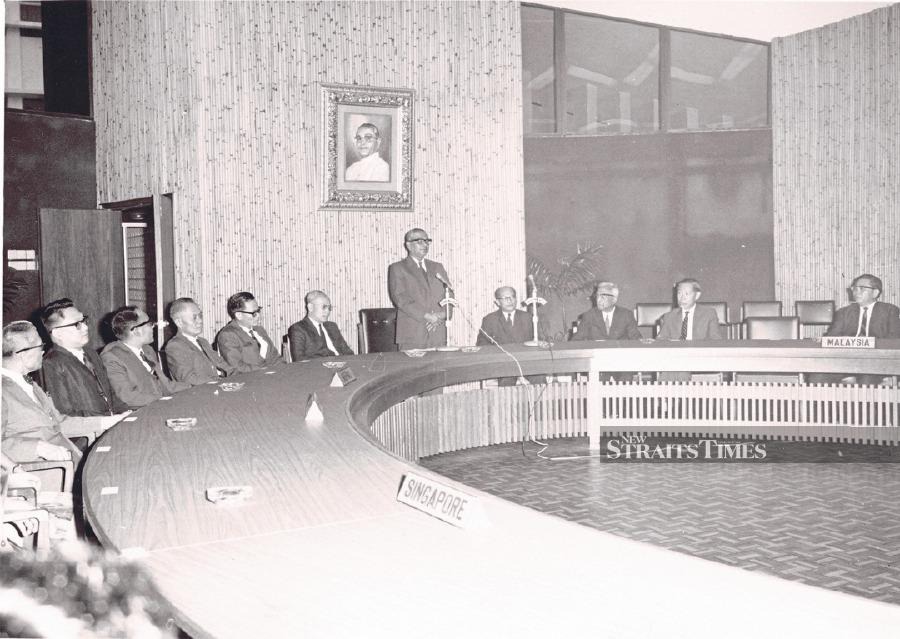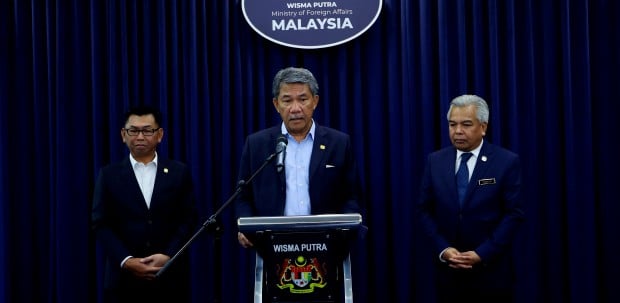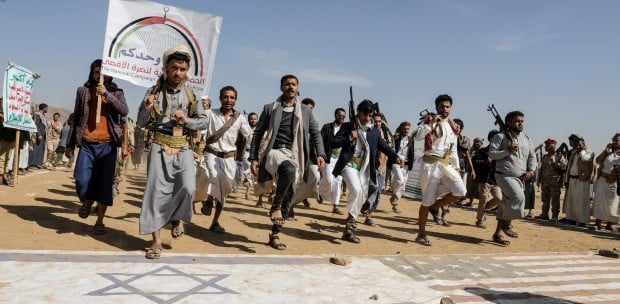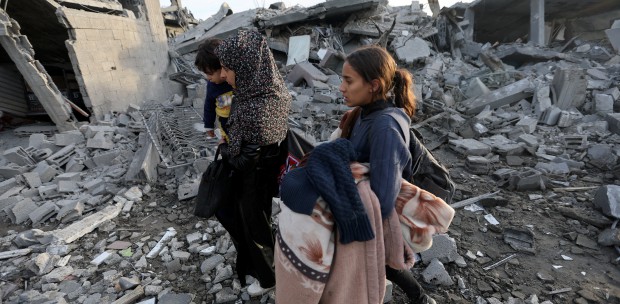LETTERS: Tunku Abdul Rahman, who died on Dec 6, 1990, was the country's first foreign minister from 1960 to 1970. But not many people know about a historical site that links the Foreign Ministry and him.
On Aug 31, 1966, Tunku launched the External Affairs Ministry building in Jalan Wisma Putra, Bukit Petaling, and shared his memories of the land.
The building sat on a site that once housed Tunku's official residence. It was a gift from the British government to him when he was appointed chief minister of Malaya.
After the ministry moved to new premises in Putrajaya, the building underwent renovations before it was handed over to the Institute of Diplomacy and Foreign Relations in 2009. Since then, it has been a training ground for diplomats.
Not many are aware of why the Foreign Ministry is called Wisma Putra. It is a combination of Tunku's name and wisma, a Malay word which primarily means "house".
This name remains until today and is used daily by ministry staff, civil servants and the public.
Although 32 years have passed, Tunku's life story remains a riveting topic at dialogues and forums. Not a single leader can be spared from criticism and this includes Tunku.
He was criticised for continuing a laissez-faire economic policy. Tunku was opposed by Tun Dr Mahathir Mohamad to the extent that the latter was removed from Umno in 1969.
Despite this, Tunku's contributions to Malaysia are enormous and priceless.
It is not an exaggeration to say Tunku is both a "diplomat by birth" and a "diplomat at heart". He has all the qualities of a diplomat.
Being a prince, Tunku was respected by society. He had a close relationship with the Malay rulers, making his conversations with them easier and smoother.
Tunku was called to the Bar by the Inner Temple in 1949. He was, of course, a master of the English language.
These qualities contributed to Tunku's 'victory' in independence talks. Tunku had very good negotiation skills. He mediated between three major ethnic groups in Malaya by inviting representatives to the negotiating table. This led to the formation of the Alliance.
Tunku also negotiated with communist leader Chin Peng in 1955.
While we are greatly indebted to Tunku, behind his successes were the people. Tunku's mission to London would not have materialised without their moral and material support.
Tunku lost a fortune in his sacrifices. When he told his supporters that he did not have enough money to go to London, the rakyat gave their money and jewellery to support him.
To many generations to come, Tunku will always be the centre of attention. But to the Foreign Ministry, it is more than that. His legacy is the pulse of Wisma Putra that keeps it alive until today and in many years to come.
MOHAMAD IKA DANIAL ABDULLAH
Assistant Director, Centre for Political Studies and Economic Diplomacy, Institute of Diplomacy and Foreign Relations Malaysia, Kuala Lumpur
The views expressed in this article are the author's own and do not necessarily reflect those of the New Straits Times





